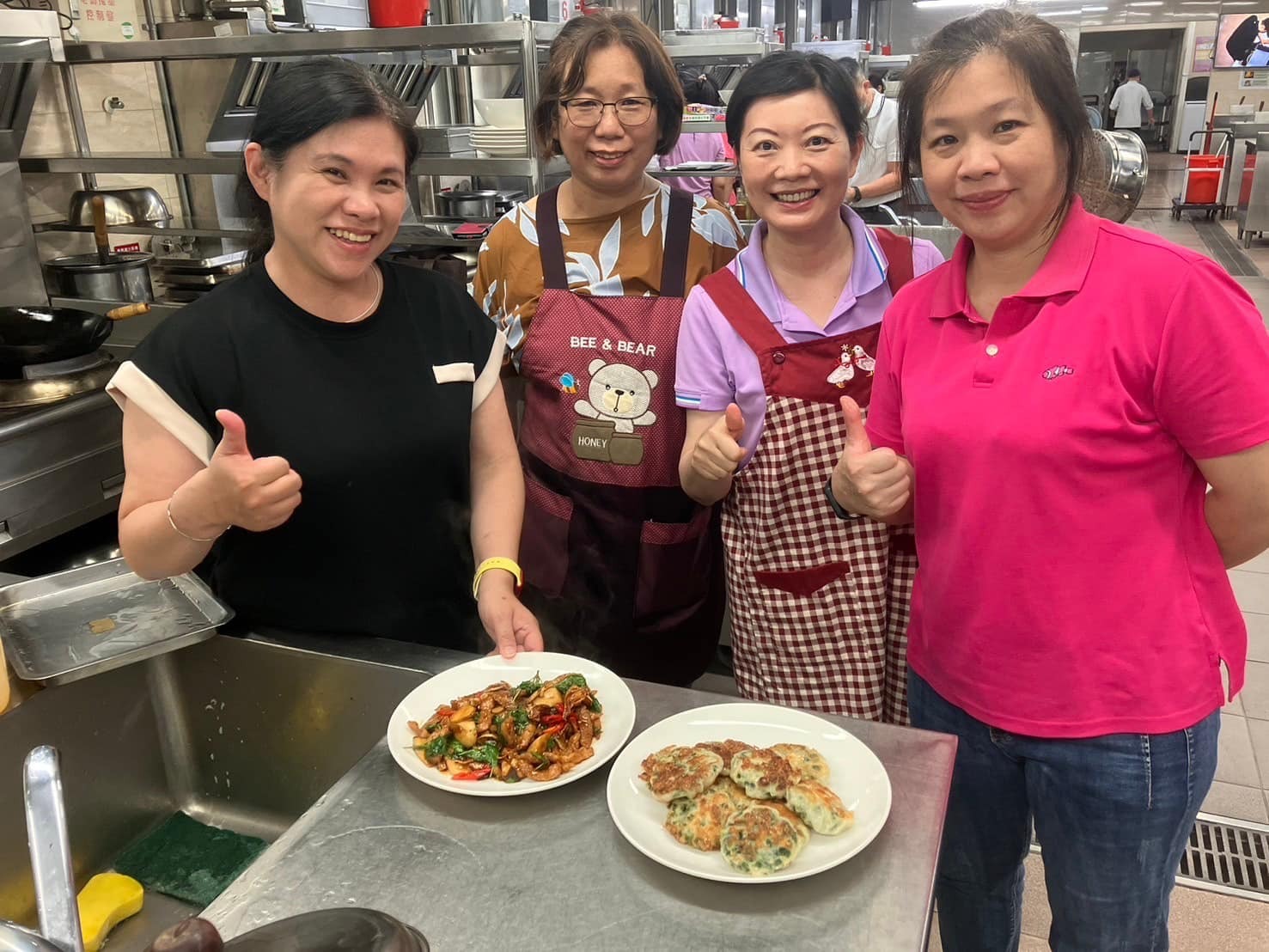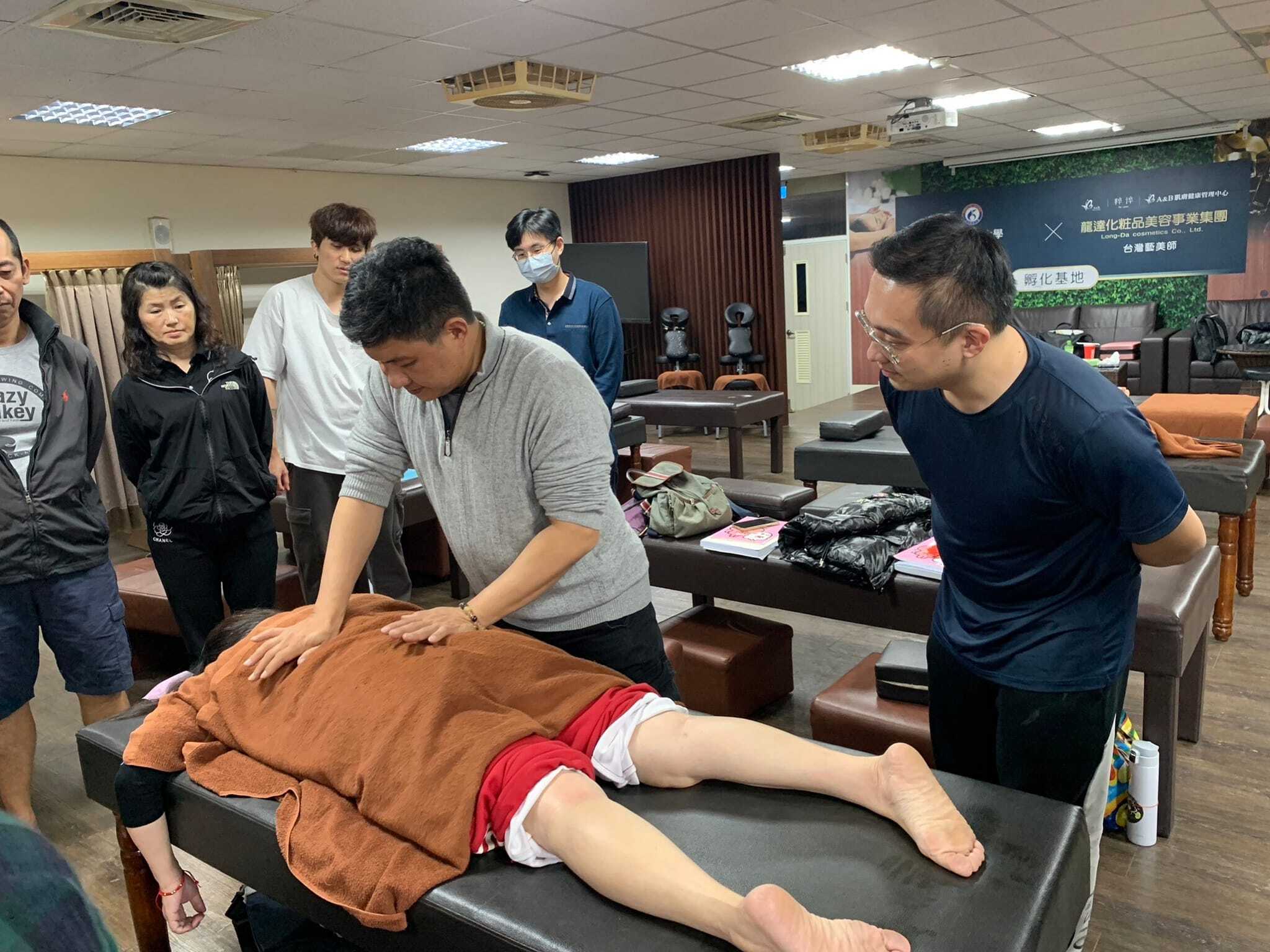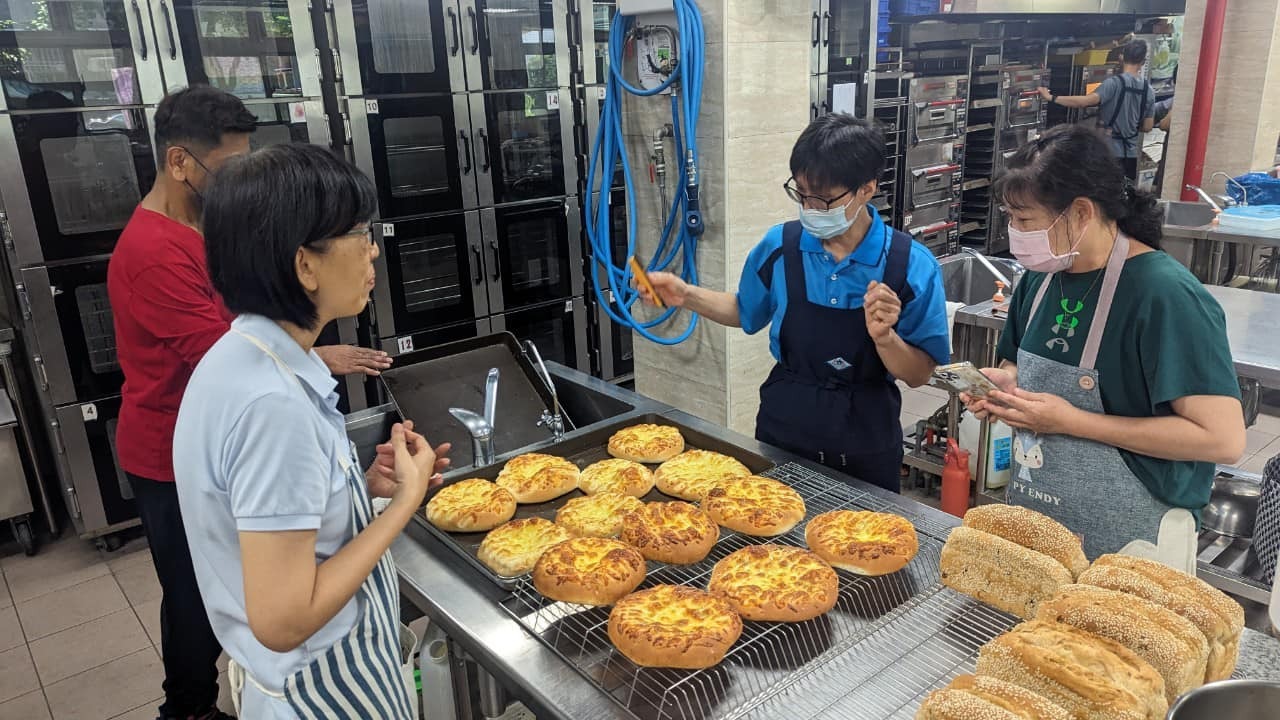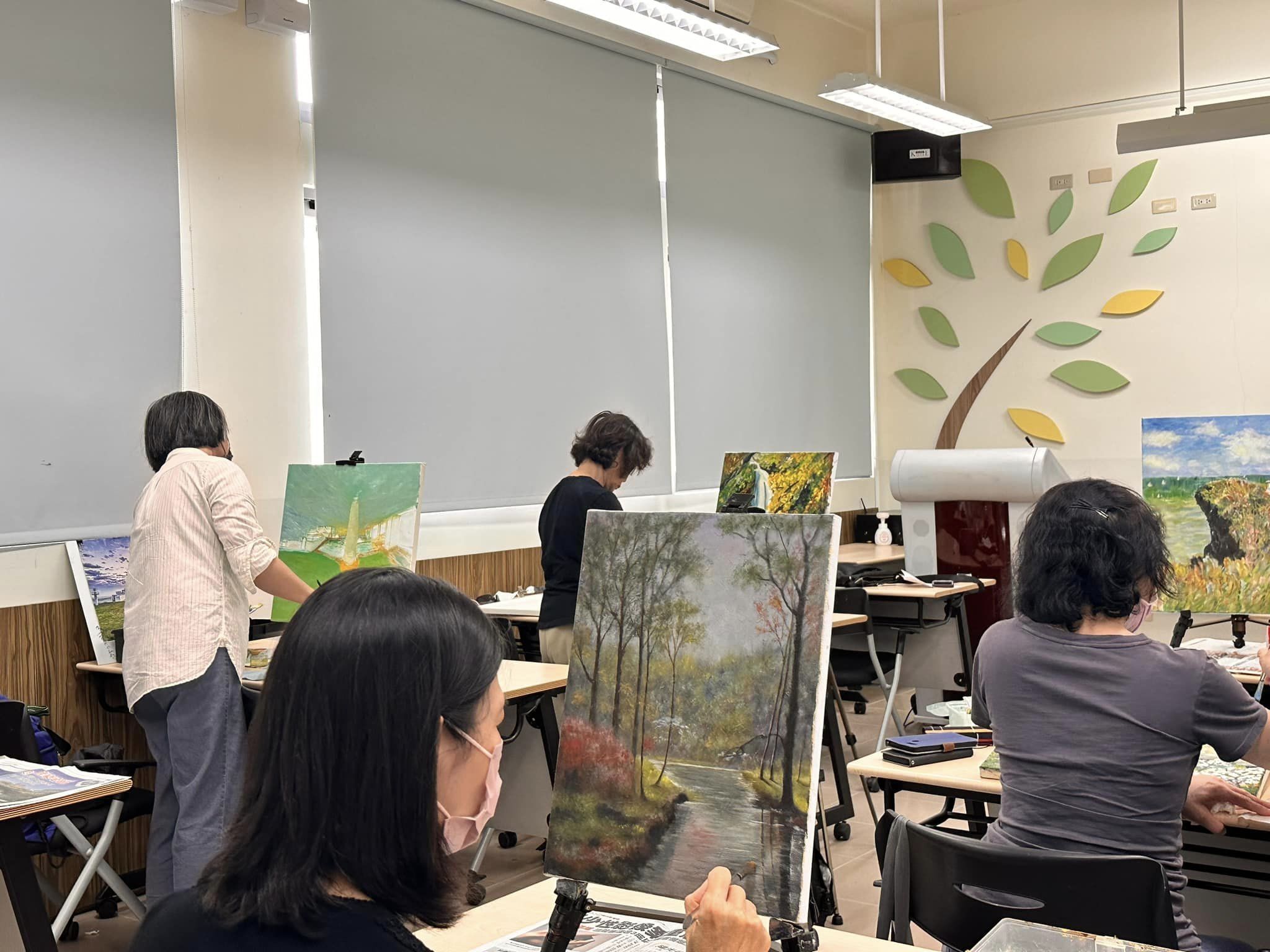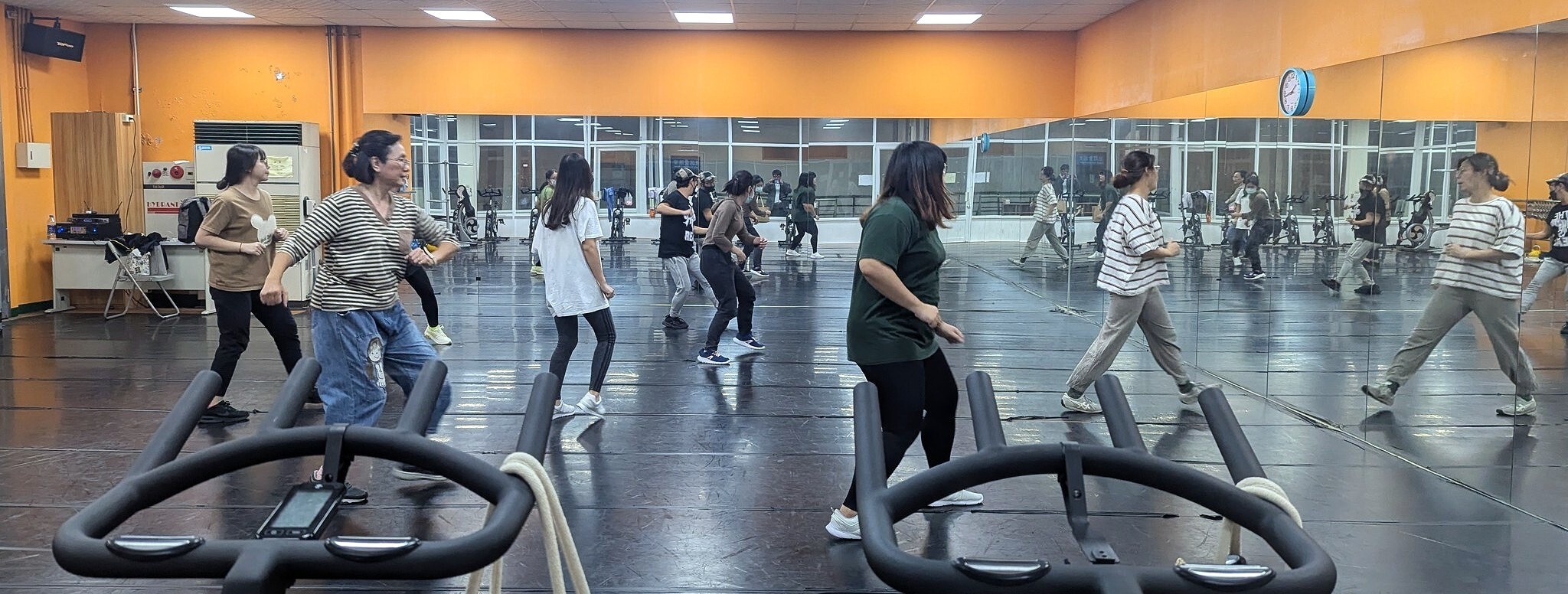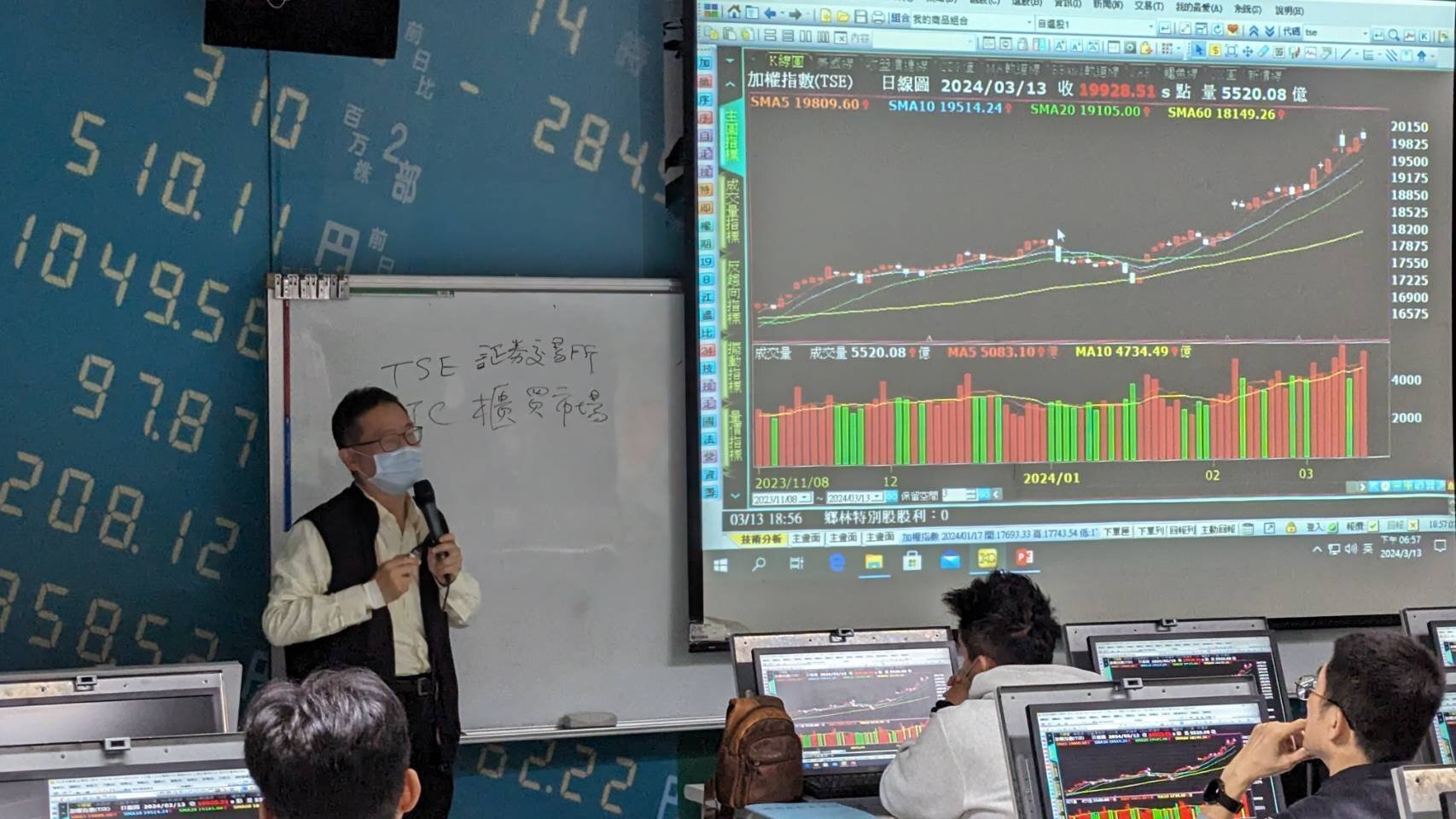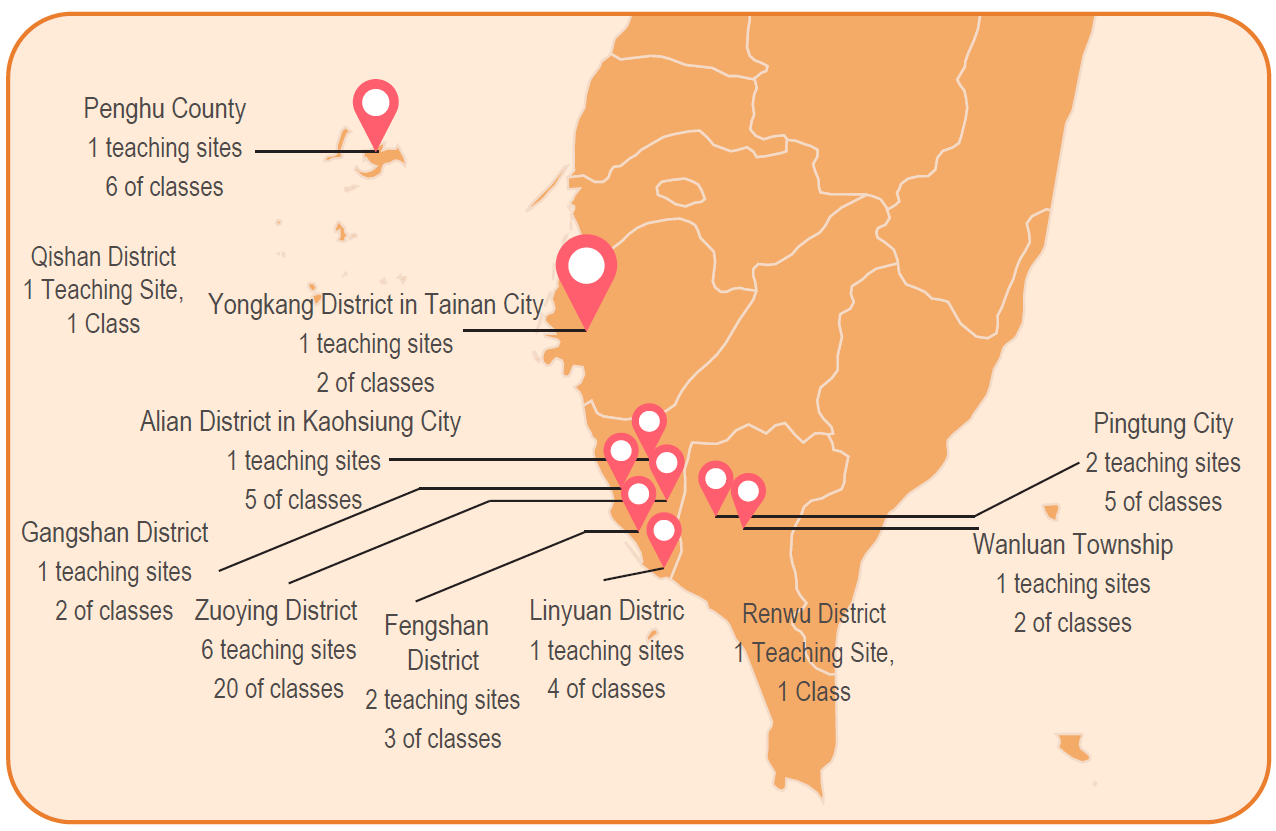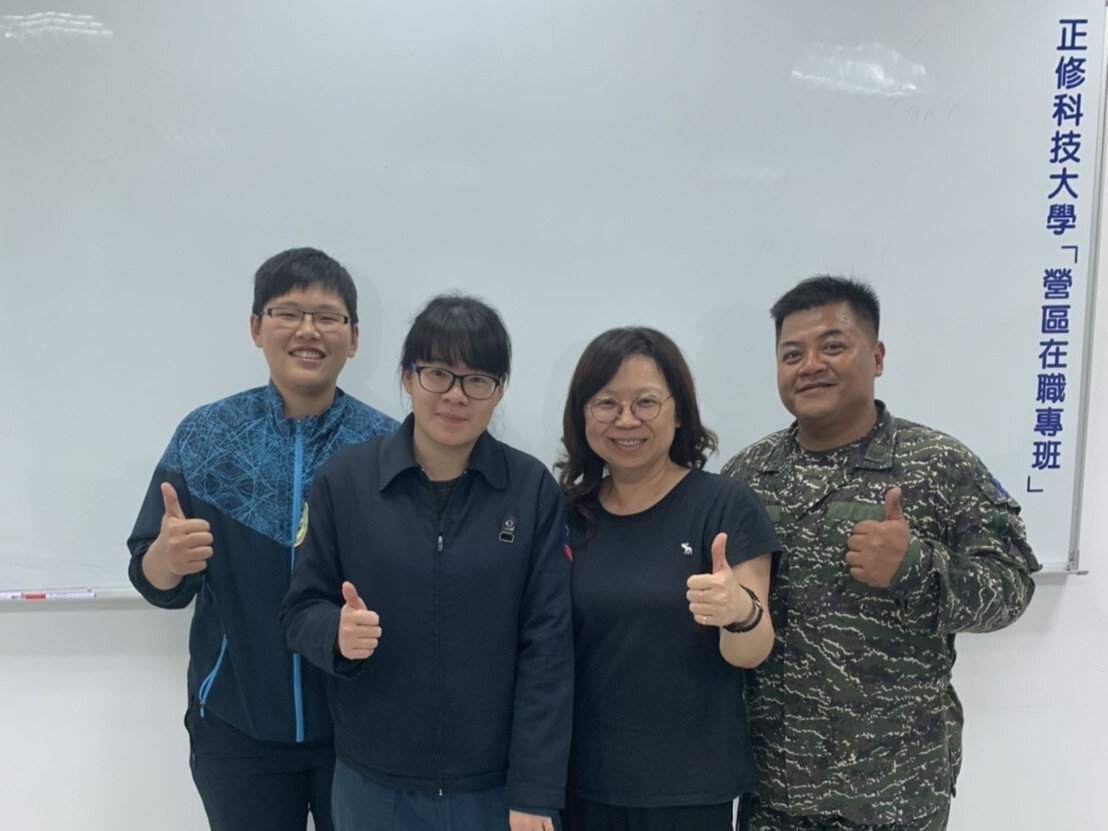Continuing Education
Professional Development, Lifelong Learning, and Social Cohesion
Cheng Shiu University upholds the Philosophy of “Lifelong Learning and Shared Prosperity”, integrating community, industry, and government resources to create an educational platform accessible to all - from youth to seniors, and from workplaces to military bases. By strengthening vocational education and promoting equal access to learning, the University plays a key role in enhancing social resilience and sustainable development.
The University has long advanced mechanisms for professional development and lifelong learning through diverse programs, including extension education, certification training, military-base classes, and senior learning courses, meeting the needs of various groups for career advancement, personal growth, and skill transformation.
Extension Education
The University’s Center for Extension Education adopts a diversified strategy, leveraging community resources to offer a wide range of distinctive courses that address diverse needs in lifelong learning and professional development. These efforts enhance both the attractiveness and competitiveness of the University’s programs.
By integrating departmental expertise, the Center creates a high-quality, practical learning environment while strengthening course marketing and outreach, thereby expanding the University’s social impact and advancing the effectiveness of lifelong education. For details on the Dual-Track Training Flagship Program and Industry – Academia Collaboration Projects, please refer to Section 3-4: Industry – Academia Collaboration and Research Patents.。
Major Service Items
|
Credit Courses |
Extension Education Programs |
Senior Learning Academy Courses |
Industry Talent Investment Program |
|
Skill Certification and Licensing Courses |
Vocational Training Programs |
Corporate Training Programs |
In accordance with the Ministry of Education’s Regulations for Extension Education in Junior Colleges and Higher Education Institutions, the University has established implementation guidelines for credit programs (bachelor’s and master’s levels). Through diverse extension education initiatives, the University actively promotes lifelong learning and enhances public knowledge. Extension education is offered in two categories: credit and non-credit programs. In Academic Year 2023, the University launched 184 classes with a total enrollment of 2,382 participants.
Extension Education Programs in Academic Years 2022–2023
|
Academic Year |
Category |
Credit Programs |
Non-Credit Programs |
Total |
|
2022 |
Classes |
134 |
55 |
189 |
|
Participants |
165 |
1,800 |
1,965 |
|
|
2023 |
Classes |
112 |
72 |
184 |
|
Participants |
59 |
2,323 |
2,382 |
Credit Programs (Bachelor’s and Master’s Levels)
According to Ministry of Education regulations, extension credit programs must carefully consider faculty, curriculum, and teaching quality, with strict planning for class enrollment. Cheng Shiu University offers bachelor’s and master’s credit programs, admitting external participants to attend regular courses alongside enrolled students. Most participants pursue these programs either for work-related needs, professional certifications, or personal academic advancement.
Vocational Training and Skill Certification
The University offers a wide range of commissioned training programs, such as childcare personnel, engineering professionals, quality management staff, construction site supervisors, as well as certification preparation courses including C-level Chinese cuisine, C-level bakery, B-level solar PV installation, and local specialty food preparation. In Academic Year 2023, a total of 39 vocational training and certification courses were launched, serving 1,382 participants. In addition, the University provides 23 skill categories across 32 certification levels, including five A-level testing venues accredited by the Ministry of Labor. These facilities allow trainees to complete both training and certification on campus, significantly enhancing license attainment rates and workforce competitiveness.
|
▲Local Specialty Food Practice – Hands-on Training |
▲Traditional Therapeutic Massage Training |
|
▲Creative Artisan Bread Workshop |
|
Senior University and Community Lifelong Learning Programs
The University offers Civic Academy courses in community recreation and arts, such as music appreciation, fine arts appreciation, community painting, calligraphy, golf, and performing arts, enriching the quality of life for senior learners.
From Academic Year 2020 (109 AY) to 2023 (112 AY), enrollment showed a gradual decline, mainly due to similar programs offered by nearby community institutions. To meet community needs, the University has actively developed diverse courses and partnered with local resources to broaden learning opportunities. In Academic Year 2023 (112 AY), a total of 33 classes were offered with 941 participants.
|
▲Community Oil Painting Class Teaching Session
|
|
|
▲Zumba - Dance-based Cardiopulmonary Training
|
|
|
▲Investment and Financial Management Basics of Technical Analysis
|
|
Military Base Education Programs
In line with the Ministry of National Defense’s Regulations on In-Service Programs for Active Military Personnel, Cheng Shiu University offers on-base education programs that provide officers and soldiers with opportunities for continued study. To support this initiative, the University established the Military Base Education Center, the only dedicated center in Taiwan responsible for admissions, academic affairs, student services, and general administration. In Academic Year 2024 (113 AY), the University operated 51 programs across 18 teaching sites, serving 1,207 students, accounting for 25% of all national on-base programs.
This provides active-duty personnel with abundant opportunities for further education. To ensure quality learning, the University continues to build standard classrooms and computer labs within bases, while also offering transportation and accommodation subsidies for instructors. Moreover, new teaching sites are being developed to expand opportunities. By fostering a supportive learning environment, the University helps active military personnel realize their potential, enhancing both professional growth and career development.
|
|
|
Academic Year 2021 |
Academic Year 2022 |
Academic Year 2023 |
Academic Year 2024 |
|
|
Number of Classes |
43 |
47 |
47 |
51 |
|
Teaching Sites |
13 |
16 |
16 |
18 |
|
|
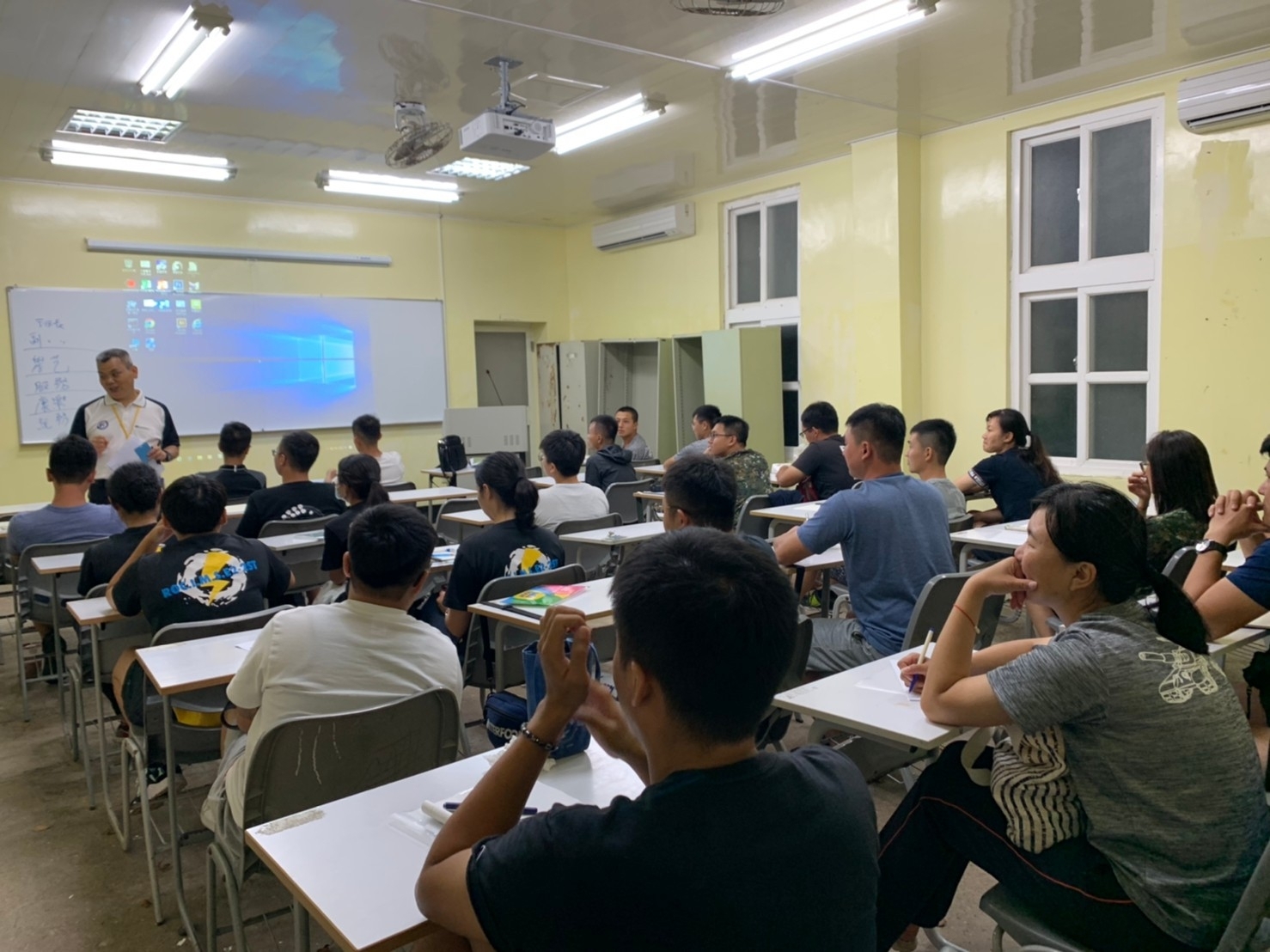 |
|


